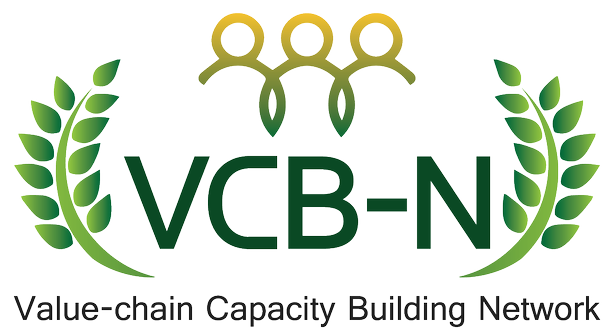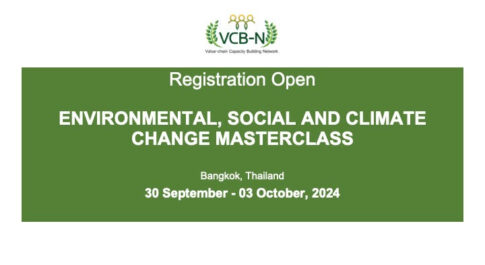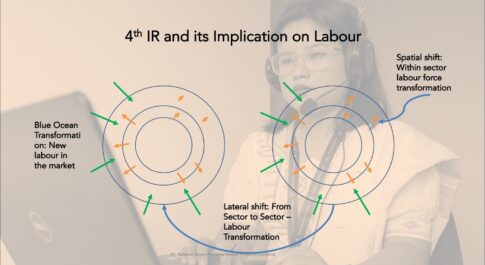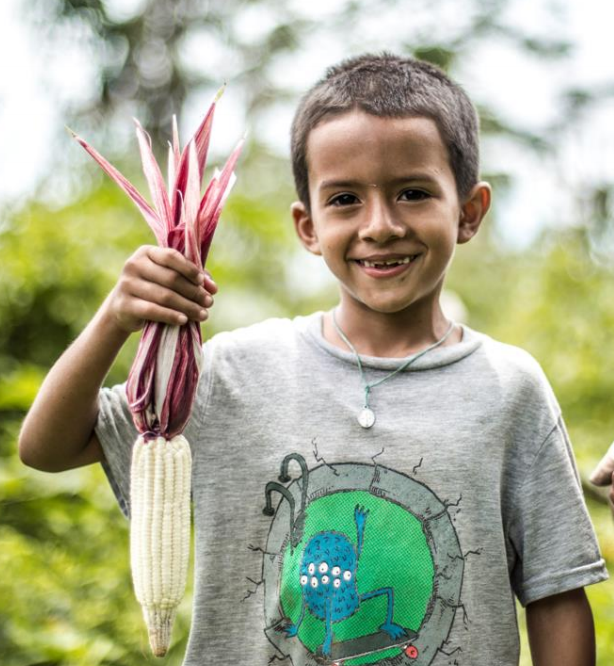
Good practice
Public and Private Partnership supporting the development of ginger value chain
The following good practice is conducted by Giap Hoang Van. The case study was selected and presented in Mekong Knowledge and Learning Fair (IFAD) by representatives from Vietnam.
(For presentation in the event, please click here)
Background
The 3PAD’s Public-Private Partnership model in agriculture is implemented through the “Agribusiness Investment Promotion” (APIF) which funded 11 enterprises/cooperatives to implement sub-projects linking enterprises and households. Among them, the sub-project “Growing and consuming ginger” which was conducted by Minh Be Private Enterprise for exporting and processing agro-products in 6 communes of Pac Nam district (a difficult mountainous district of Bac Kan province).
The objective of the sub-project is to build a stable ginger plantation area to meet the demand of the enterprise and help poor, ethnic minority households in the project area improve income and escape poverty. To achieve this goal, with funding from the project and the enterprise’s counterpart fund, the enterprise has supported households to grow ginger (about ginger seedling and planting techniques). At the same time, the company also invested in the construction of workshops, machinery and equipment for ginger preprocessing (slicers, washing machines, cold storages) and transport vehicles (cars, forklifts) to improve production capacity so that the enterprise can ensure the purchase of all products from households.

Innovations/Good practices
Previous programs/projects often only supported inputs for farmers to develop production (seed support, training) but did not link with the market. This leads to having many products (especially those that are not for daily consumption) unsold, resulting in low project impact and effectiveness. In this project, 3PAD assisted through enterprises. Based on the needs of their production and business, the enterprises are directly supported by the project. Enterprises work with local farmers and sign contract with them to buy the products that farmers produce. The contracts not only help farmers feel safe in investing and cultivating, but also help enterprises manage the scale and size of production areas, avoiding excess production compared with the demand of enterprises. In addition, with funding from project, enterprises have now more resources to invest in expanding workshops and upgrading equipment, machine to develop production and businesses so that the enterprise can ensure buying of products for local households.
Impact
As a result, after more than 2 years of implementation, the Minh Be Private Enterprise built a ginger plantation area of over 70 hectares, buying products from 615 households. with average income from producing ginger about 17.5 million dong/household/year. The annual sales volume of enterprise also increased from 1600 tons to 3000 tons. Beneficiaries are households living in six upland communes of Pac Nam district, most of whom are ethnic minorities, poor and near poor households. There are 615 households (of which 232 poor and near poor households) benefited from the sub-project with an average income of 17.5 million VND per household per year. Through the implementation of the sub-project, 3PAD has contributed to raise the awareness and level of cultivation of the local community, from only concentrating on producing to meet family’s demands (maize, rice…) to produce goods based on market demands to increase income. The success of the sub-project has also contributed to change the awareness and approach of local authorities in implementing other projects / programs supporting production in the area. The issue of finding and linking the producers to market has been prioritized by the government and people when implementing similar programs / projects.
Facilitating Factors / Challenges
The first and most important element for implementing the sub-project is that besides financial assistance, the 3PAD project also supports enterprise in dissemination and linkage with household groups. The second factor is that the business owner is ethnic minority who has many years of experience in ginger trading, working with the poor and ethnic minorities, therefore he is knowledgeable about the ginger market as well as farming habits of local people. Another favorable factor is the suitability of the natural conditions for the development of ginger. These factors helped the enterprise overcome the initial difficulties and challenges to implement the sub-project successfully.
Besides, one of the biggest challenges of the enterprise when carrying out the sub-project is mobilizing people to participate. As the project was implemented in remote and mountainous communes, the majority of people are ethnic minority with “self-sufficient” production practices. Therefore, the awareness and capacity of producing goods is limited. In addition, many local people did not fully trust the company and the project. The second challenge comes from the lack of experience in implementing projects, particularly in the public-private partnership model. This makes it difficult for enterprise to organize, monitor and implement disbursement procedures as required by 3PAD. In addition, the remote project area (100km from the factory) and the underdeveloped transport system posed challenges to enterprise when implementing this sub-project.
Lessons Learned:
Enterprises need to have certain knowledge about the farming habits and culture of local people, especially the beneficiaries of ethnic minorities, which helps to propagate, advocate and direct technical assistance more effectively.
In the process of implementation, enterprises should promote the benefits of households and give importance to building and maintaining the trust of participating households. This is reflected by the serious implementation of commitments in contracts for product consumption. In the process of purchasing ginger, Minh Be always calculated the time of purchase and adjusted the reasonable price to ensure that the people would benefit the most.
In addition to the efforts of the enterprises, the process of implementation also required the active support of the management agencies and local authorities as intermediaries in connecting and dealing with problems between local people and enterprises.
Recommendations:
Programs / projects supporting agricultural production of Government, IFAD and other donor agencies should consider placing the market issue at the top of the list, not just directly supporting production inputs. (e.g., agricultural materials). It should also focuse on supporting market linkages (supporting projects linking between enterprises and people, supporting market search, product introduction, etc.) and strengthening capacity (access to finance, production management, market search and connection, etc.) for the participants.
You may want to read








